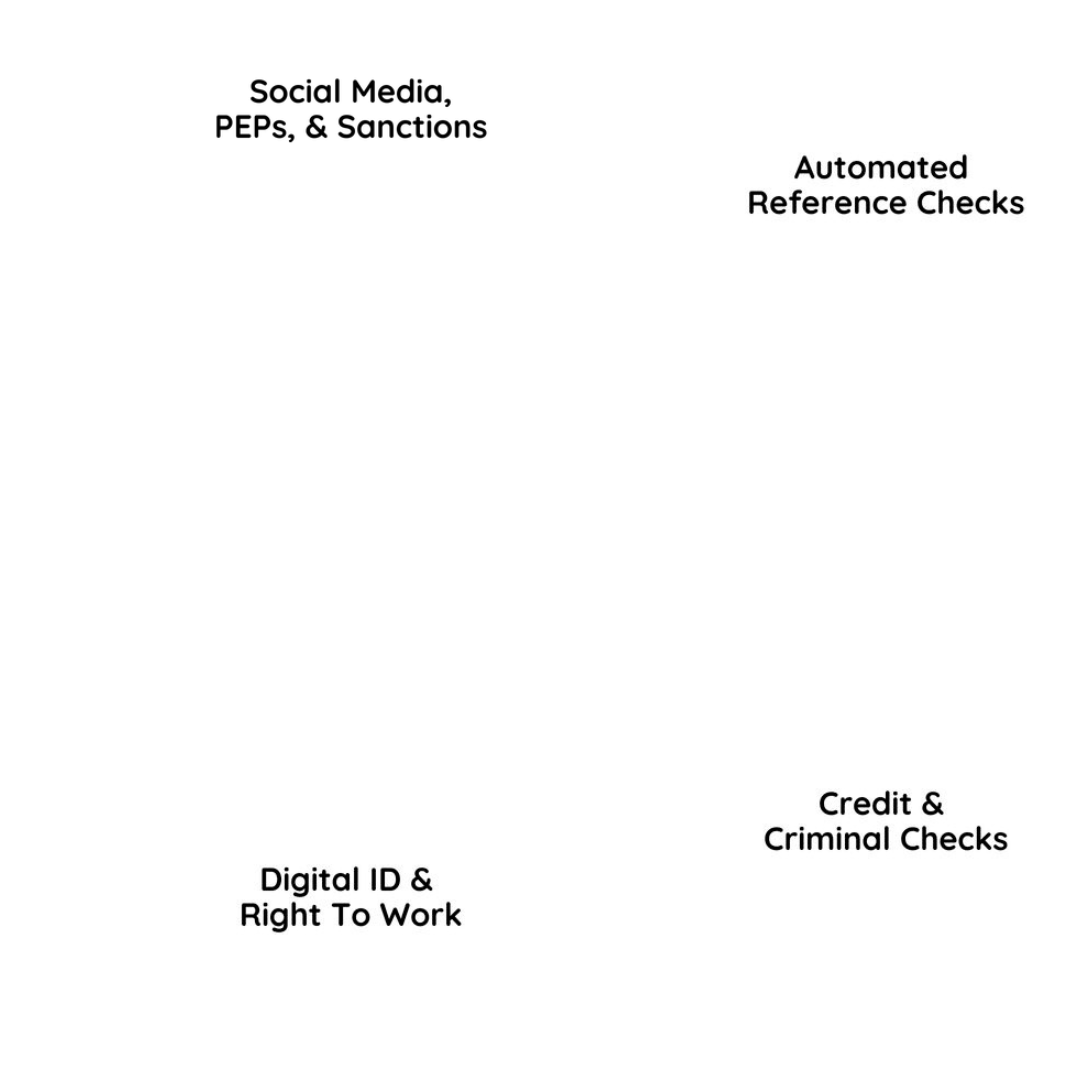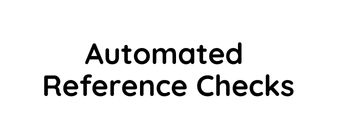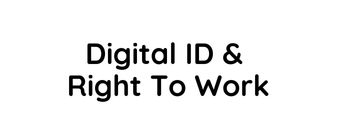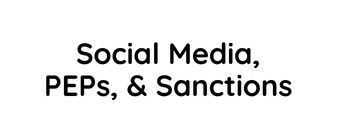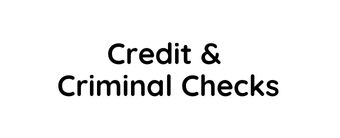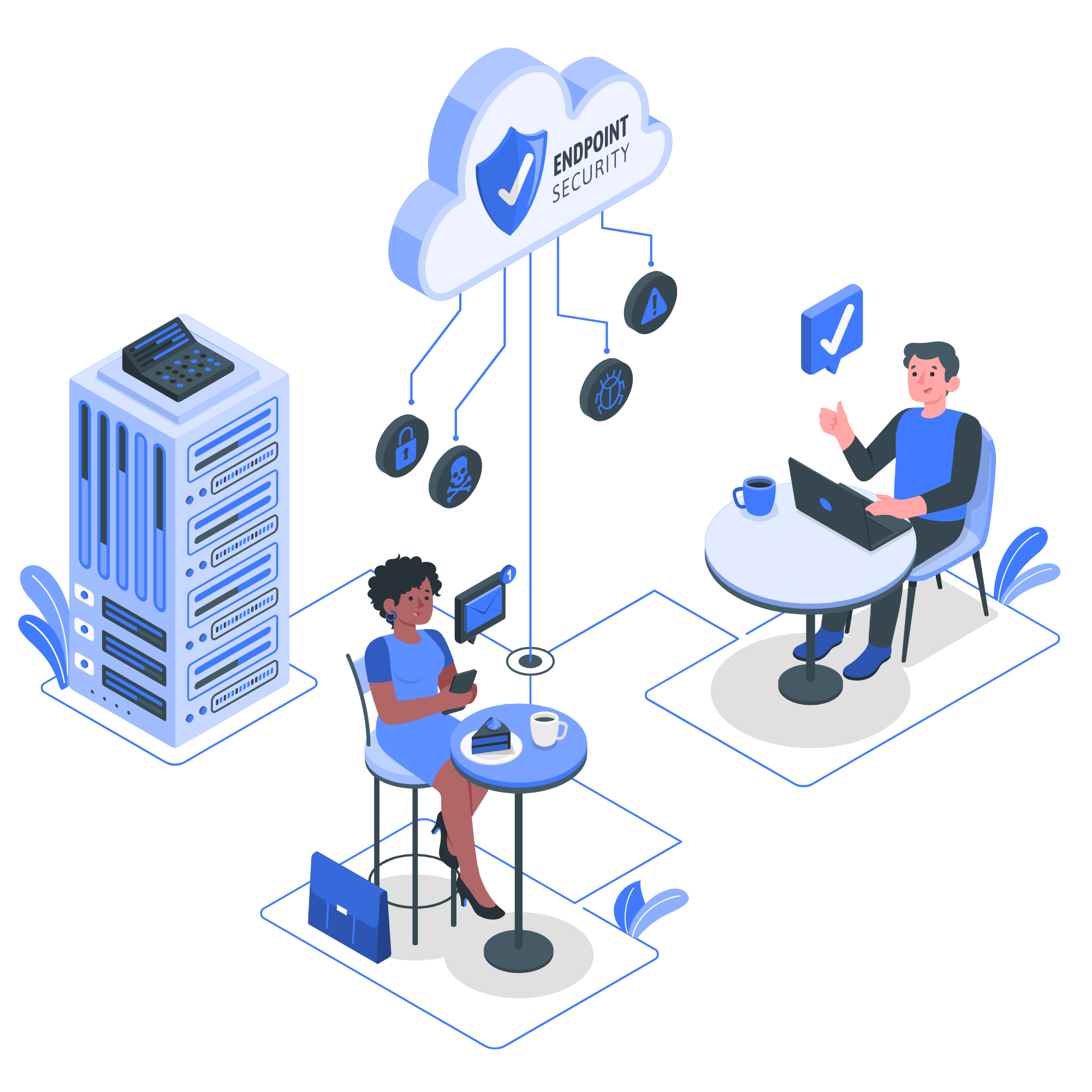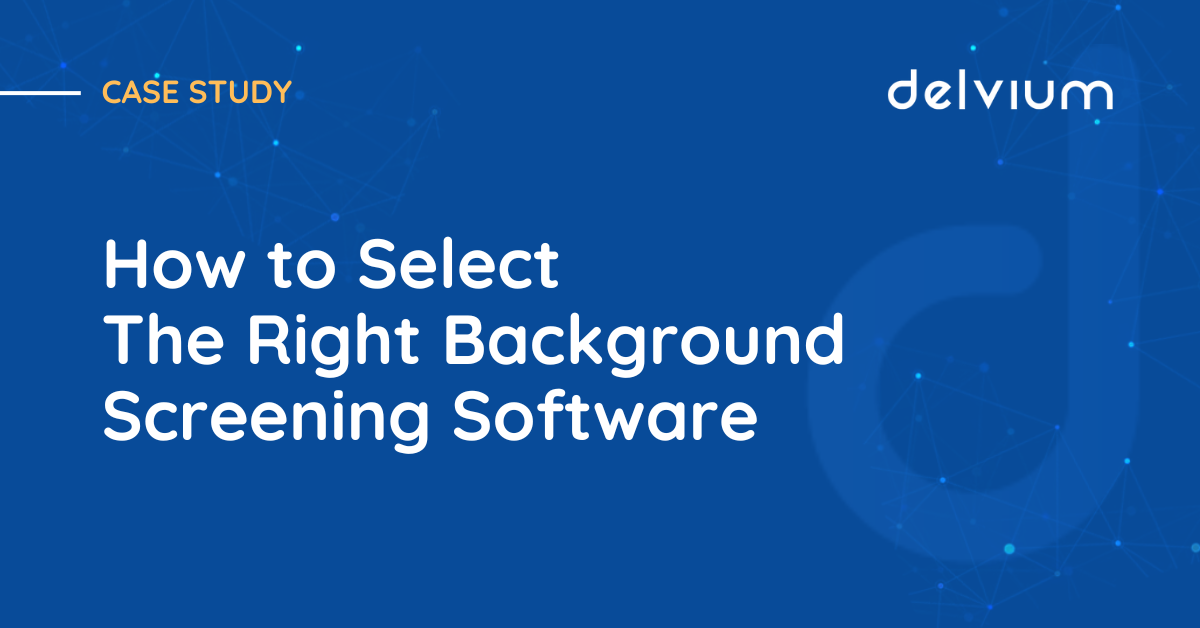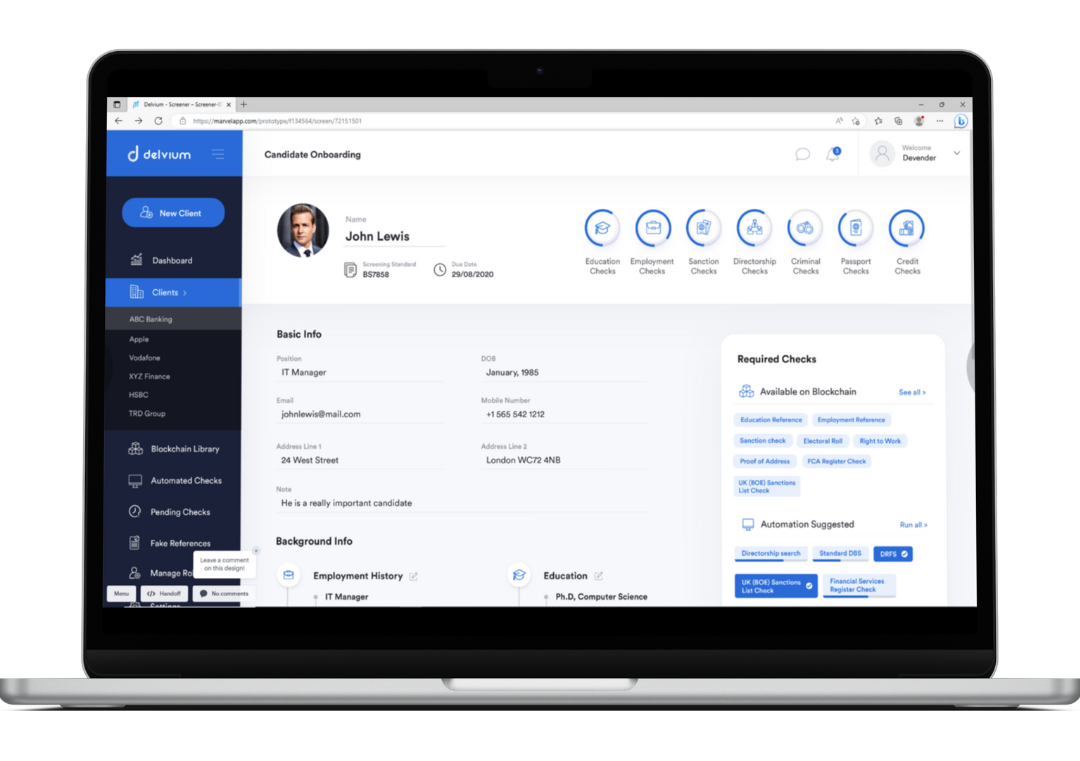Background screening can include several types of checks, such as:
Identity verification: Confirming the person's identity through official identification documents and validating their personal details.
Employment history verification: Verifying the accuracy of a person's employment history, including their job titles, dates of employment, and responsibilities.
Education verification: Checking the validity of an individual's educational qualifications, degrees, or certifications by contacting educational institutions or using third-party verification services.
Criminal record checks: Searching public and private databases for criminal records, including arrests, convictions, or other legal issues.
Reference checks: Contacting referees provided by the individual to gather information about their character, work ethic, and performance in previous roles.
Credit history checks: Examining an individual's credit reports to assess their financial history, payment patterns, outstanding debts, or bankruptcies. This is typically relevant for positions involving financial responsibilities.
Drug testing: Conducting tests to detect the presence of drugs or alcohol in an individual's system. This is common in industries that prioritize safety, such as transportation or healthcare.
The extent and depth of background screening can vary depending on the nature of the role and the organization's policies and legal requirements. It is essential to conduct background screening ethically and in compliance with local laws and regulations to protect individuals' privacy and prevent discrimination.

